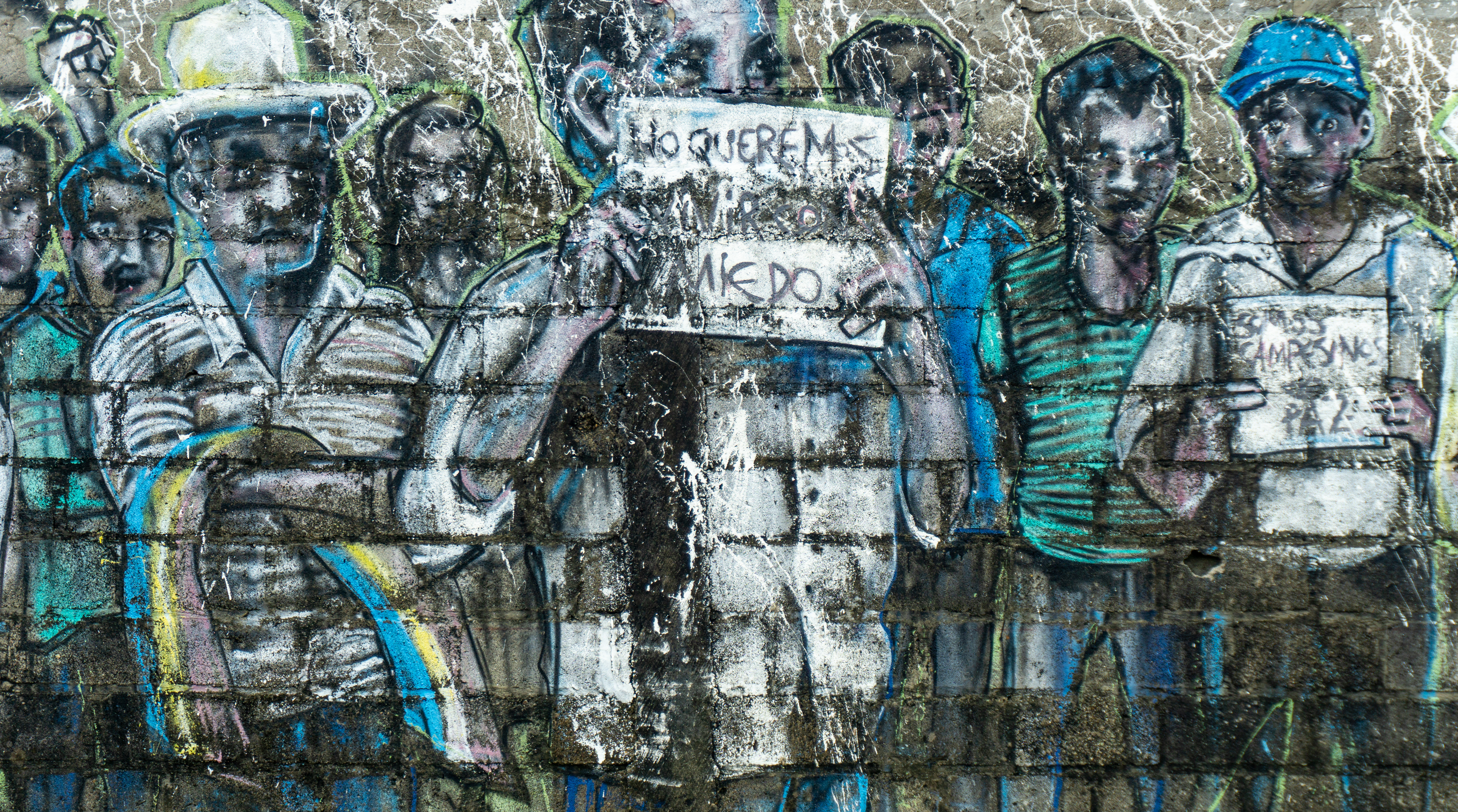Migration has existed all throughout human history. While it has sparked solidarity among many grassroots, activist and civil society groups, social rejection, racism and anti-migration sentiments in host societies are common, too. In Colombia, the latter have gained visibility in the context of the ongoing COVID-19 pandemic. In a series of interviews, we discussed the dominant narratives and images regarding migration in Colombia, and immigration from Venezuela in particular.
Over the past decades, the armed conflict in Colombia has been the primary reason for people to leave the country. Many of them sought refuge with their neighbors in Venezuela. In recent years, however, we have observed a reversal of the situation. Colombia has become the main destination for Venezuelans trying to escape the deteriorating living conditions at home. Today, Colombia finds itself not only in the midst of a transition to end the long-lasting armed conflict and build peace, but also faces a new migratory phenomenon.
The majority of Venezuelans in Colombia live from the informal economy, as they come undocumented and without resources. Selling sweets in the streets, performing at a traffic light or cleaning car windscreens is often a full-time job to pay rent and food. Due to the curfew imposed to fight COVID-19, these people were not able to go out and make a living as usual, nor receive financial emergency assistance from the government, as this is granted only to formal employees. Losing the possibility to sustain themselves, the only option was returning to Venezuela, often walking on foot.
In times of COVID-19, however, any type of movement on the streets is perceived as a risk of contagion and spread of the disease. Out of this fear, more and more publications are appearing on different social media networks, blaming Venezuelans for taking away jobs, driving down wages and increasing criminality in urban areas. Those false rumors often contribute to weaken solidarity and helpfulness towards individuals and groups in vulnerable situations, and Venezuelans are not the only ones. Colombia is still one of the most unequal countries in the Americas and has the highest rate of internally displaced persons (IDPs) worldwide. There are some measures to support different population groups in Colombia, but it has become a sensitive topic. Administrative obstacles are high and laws mostly exist on paper.
The Colombian government, with the support of the international community, has the chance to turn the page. Socioeconomic measures to address the needs of everyone living in Colombia, as well as programs and policies to counter hate speech, racism and anti-migration sentiments can contribute to overcoming the social fragmentation in the Colombian society, which is the result of decades of violence and armed conflict. Otherwise, COVID-19 might contribute to deepening the social divide and the profound inequalities in Colombia, thereby hindering the transformation of longstanding patterns of inequality, injustice and violence into just and durable peace in the country.
Do you want to hear more about the topic? Check out the new episode of the KOFF Ton-Träger! It brings together different voices to discuss about the narratives on migration from Venezuela and the links to conflict and peace in Colombia.


